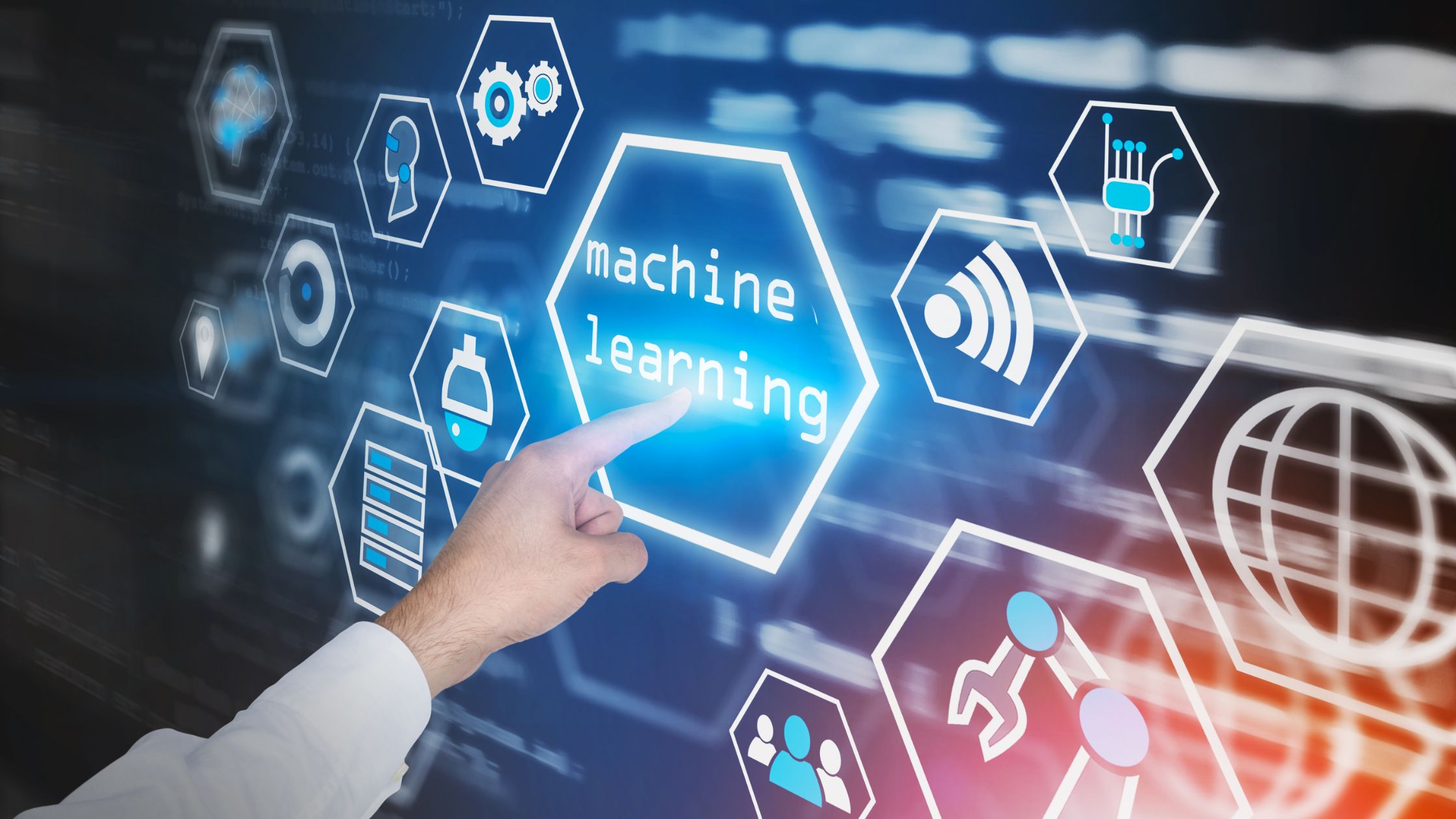The retail industry is no stranger to innovation, and in recent years, machine learning has emerged as a game-changer. Machine learning, a subset of artificial intelligence (AI), is transforming the way retailers operate, from enhancing customer experiences to optimizing supply chain management. This article explores the ways in which machine learning is helping the retail industry.
Personalized Shopping Experiences
Machine learning algorithms analyze vast amounts of customer data to create highly personalized shopping experiences. These algorithms can recommend products based on a customer’s browsing history, purchase history, and preferences. Retailers like Amazon and Netflix have successfully implemented recommendation engines, resulting in increased sales and customer loyalty.
Inventory Management
Efficient inventory management is crucial for retail success. Machine learning algorithms can predict demand patterns, optimize stock levels, and automate reordering processes. This reduces overstock and understock situations, minimizes holding costs, and ensures products are available when customers want them.
Price Optimization
Dynamic pricing powered by machine learning enables retailers to adjust prices in real-time based on factors like demand, competitor pricing, and historical sales data. This helps maximize revenue and profit margins while remaining competitive in the market.
Fraud Detection
Retailers are prone to various forms of fraud, including credit card fraud and return fraud. Machine learning algorithms can detect unusual patterns and anomalies in transaction data, enabling retailers to flag potentially fraudulent activities and protect their revenue.
Customer Service
Chatbots and virtual assistants driven by natural language processing (NLP) and machine learning are transforming customer service in retail. These AI-powered tools can handle customer inquiries, provide product information, and even process orders, improving efficiency and freeing up human agents to address more complex issues.
Visual Search
Visual search technology uses machine learning to enable customers to search for products using images rather than text. This makes it easier for consumers to find items they desire, even if they struggle to describe them in words.
Supply Chain Optimization
Machine learning services help retailers optimize their supply chains by predicting demand, identifying potential bottlenecks, and optimizing shipping routes. This leads to reduced operating costs and faster delivery times.
Customer Segmentation
Machine learning allows retailers to segment their customer base more effectively. By analyzing demographics, behaviors, and purchase history, retailers can create targeted marketing campaigns that resonate with specific customer groups, increasing the chances of conversion.
Trend Analysis
Retailers can stay ahead of the competition by using machine learning to analyze social media trends, news, and customer sentiment. This information helps them adapt to evolving consumer preferences and market trends.
Predictive Maintenance
Machine learning can be applied to equipment and machinery maintenance within retail facilities. By analyzing sensor data, it can predict when equipment is likely to fail, allowing for proactive maintenance and reducing downtime.
Conclusion
Machine learning is revolutionizing the retail industry by providing retailers with tools to enhance customer experiences, optimize operations, and improve overall business efficiency. As technology continues to advance, it is essential for retailers to embrace machine learning solutions and stay ahead in this highly competitive industry. Those who harness the power of machine learning are well-positioned to thrive in the dynamic world of retail.











